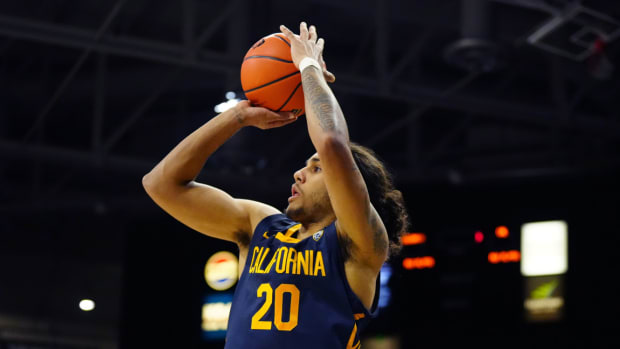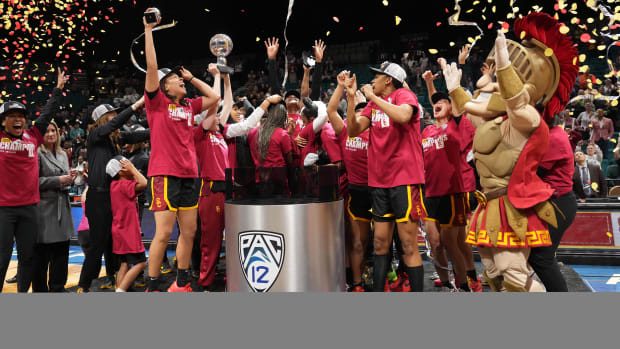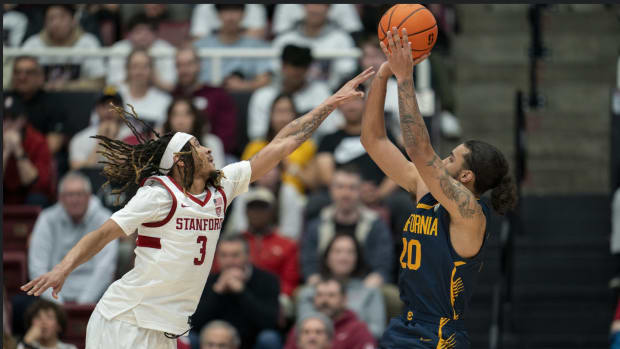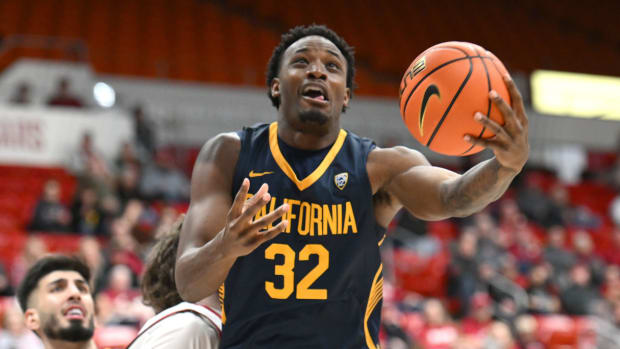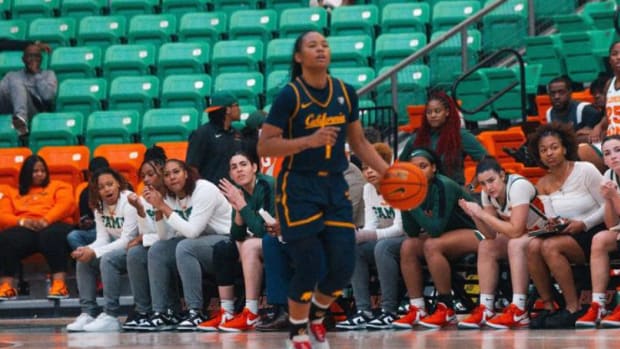Cal Basketball: The Impact of Coronavirus on Sports Beyond Merely the Loss of the Games
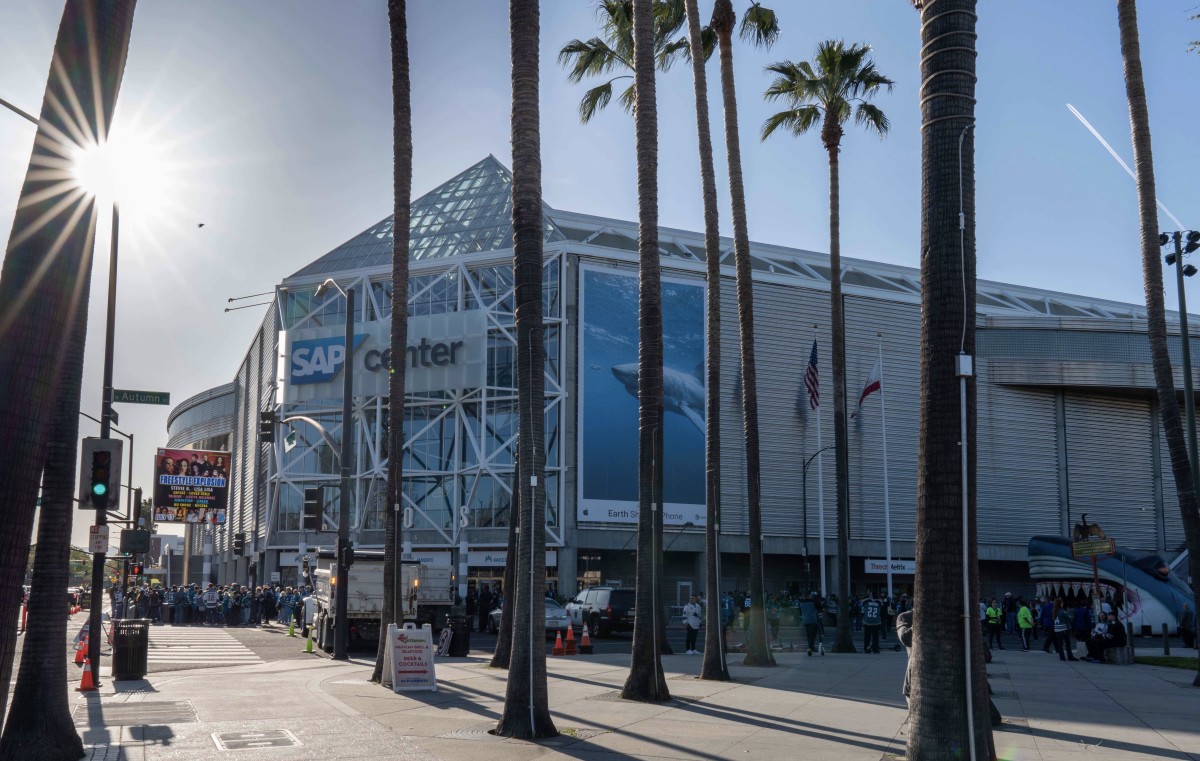
The NCAA tournament wasn’t going to visit the Bay Area this weekend, anyway. We’ve had it before, in Oakland and in San Jose.
And we will see the sport’s biggest event return here next season when the SAP Arena hosts the first two rounds of play.
But many communities who expected to have NCAA games this weekend won’t experience the excitement after the event was shut down in order to help prevent the spread of the novel coronavirus.
Games were scheduled on Thursday in Greensboro, NC, Omaha, Sacramento and Cleveland.
The tournament was going to make stops today in Albany, NY, St. Louis, Tampa and Spokane, Washington.
The action was scheduled to go on until the Final Four weekend, April 4 and 6 in Atlanta.
In every case, their arenas are quiet.
Sports Illustrated’s Greg Bishop was in Spokane to cover the tournament and ventured into Spokane Arena on Thursday to check out the atmosphere.
“To me, the best way to describe is eerie,” Bishop says in this video. “It was so quiet in the arena you could hear a guy sweeping a broom. There were no bands, there were no sneakers squeaking. There really wasn’t any sound at all.
“The silence really told the story. What I saw was a city like cities across the United States and really around the world that is grappling with this coronavirus, how to handle it and the economic impact of these events that are being canceled.”
And that’s the real damage being done to communities. The loss far exceeds fans being deprived of their dose of March Madness.
It also has a far-reaching economic impact. In this video, Bishop describes the losses that will be felt in Spokane, where workers -- especially temporary contract workers -- will lose paydays.
“Here in Spokane, they had three big events lined up in March. It’s generally their biggest month. They’re estimating they’re going to have a $20 million deficit in economic impact. They're losing $3.4 million just on sales tax.”
Nelson said the Spokane Arena is keeping 50 permanent employees on the payroll. “But that doesn’t count the contract workers, and you’re going to see an impact on those across every industry that employs people like that. Whether it’s the entertainment industry or people who put on concerts or plays or anything,” he said.
“The people that take the tickets here, the people that sell pizza, the people who pour beer . . . the people who kind of do everything that makes a game or an event go on. These people are contract workers and there’s no contract to deliver to them right now.”

